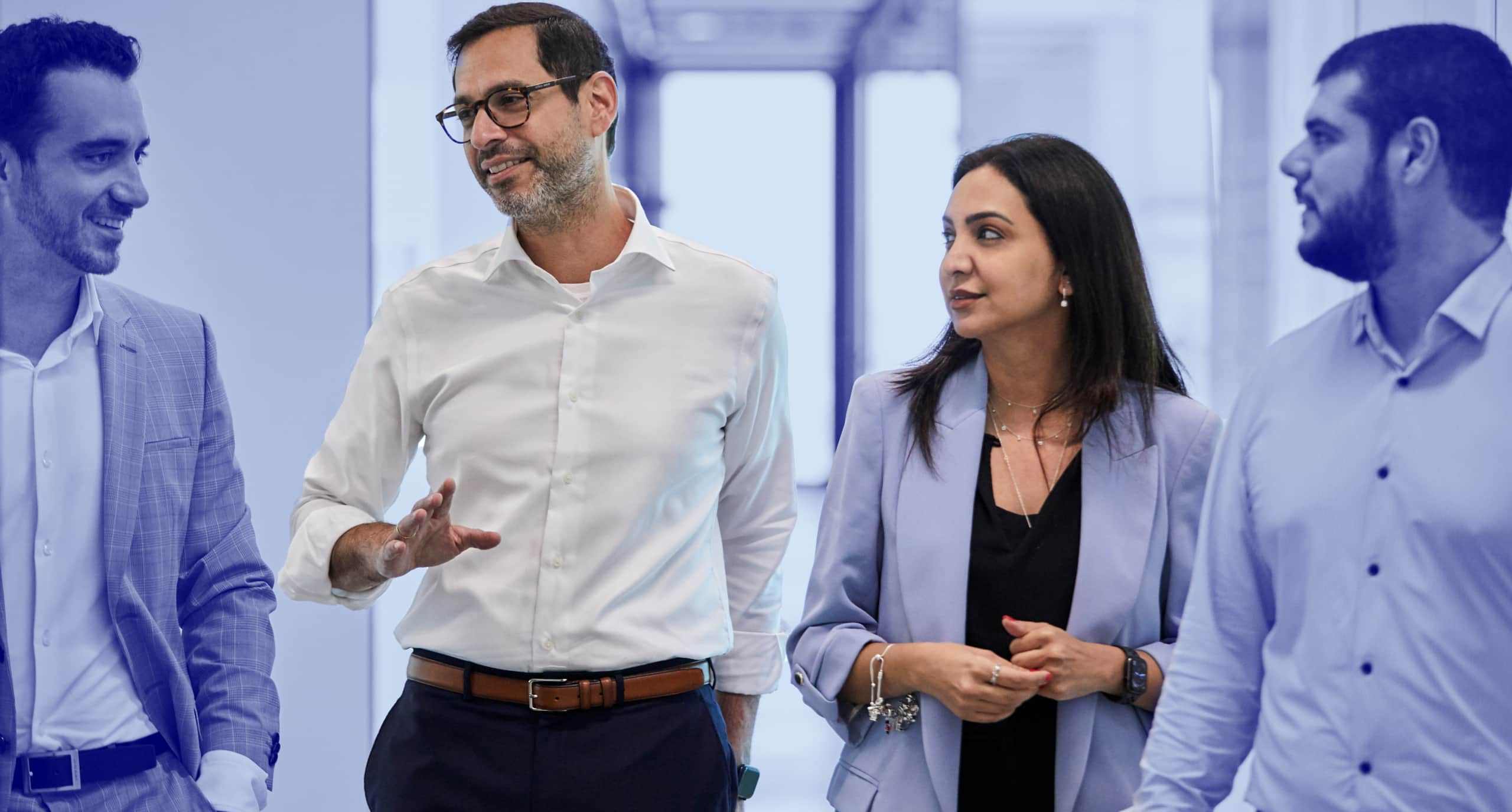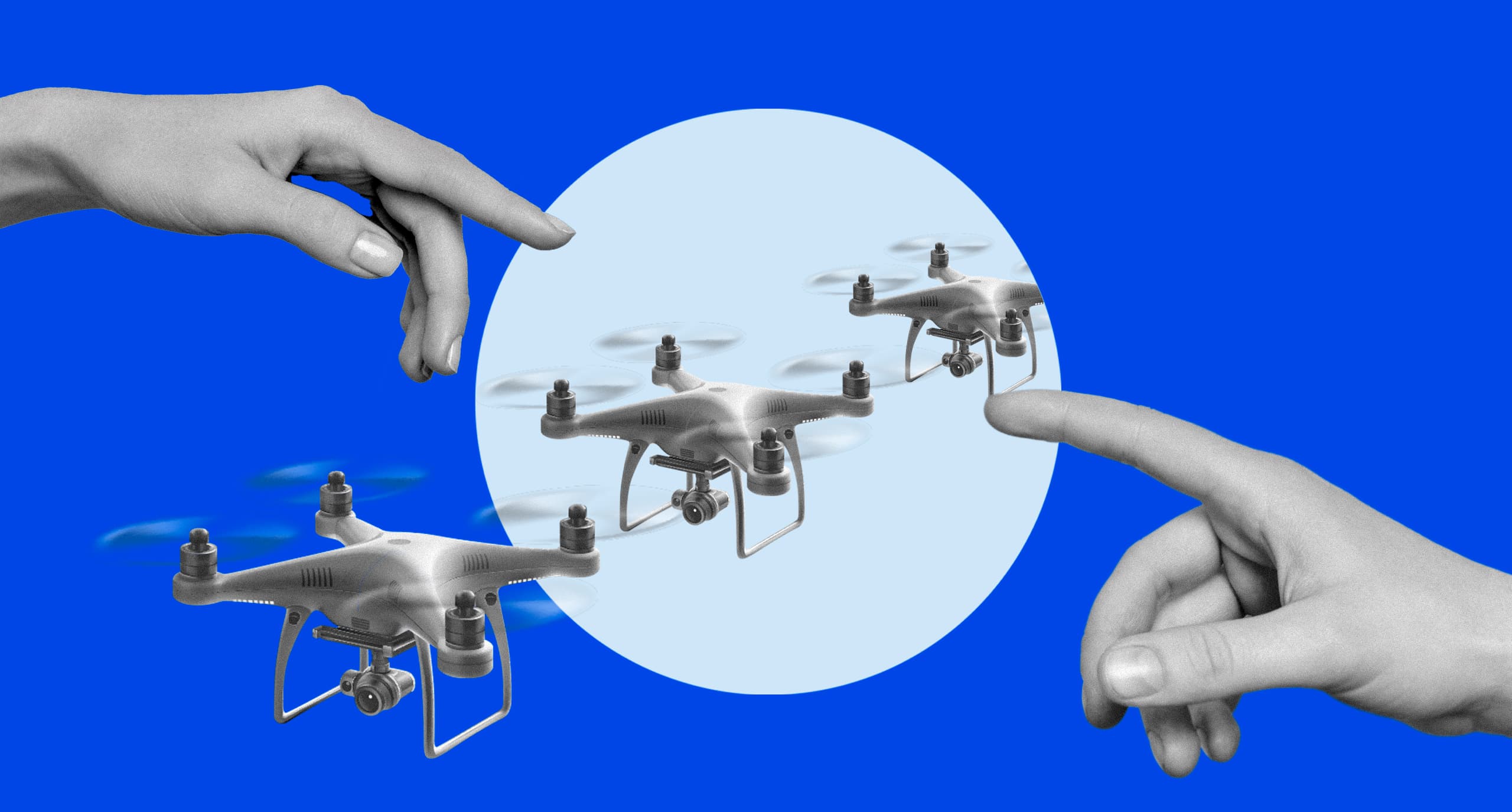Architects, it’s a fact—nobody is safe from Artificial Intelligence. Architecture is just one of the fields embracing new tech to create smarter designs and streamline processes.
Want expert insights on the built environments industry? We caught up with Jerónimo Van Schendel, CEO and Founder at Bildia and Director of the Master in Business for Architecture and Design to hear what the future holds.
Let’s get into it.
Is the built environment industry growing?
Jerónimo’s company is at the forefront of using AI to revolutionize construction, from design to environmental impact and everything in between. However, according to Jerónimo during an online panel discussion of Artificial Intelligence & architecture, the industry has long been flagging when it comes to digitalization.
Attended by interested participants from every corner of the globe, the online panel included a number of former students who are already achieving great things in the sector.
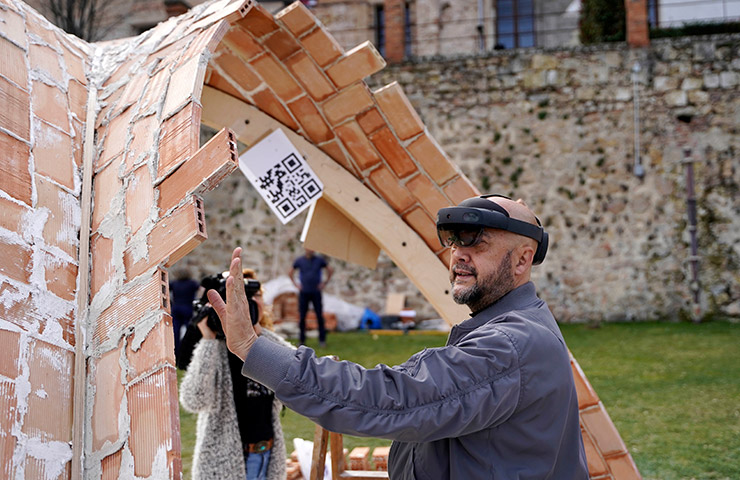
Having finally woken up to the need for change, the built environment industries are now growing by between 300 and 400% year-on-year, with heavy investment taking place in all manner of innovations. As a result, according to Autodesk research, some 70% of architects and up to 75% of construction professionals now believe Artificial Intelligence will have a deeply transformative effect on their daily work.
How are Artificial Intelligence & architecture connecting?
Rakan Jandali, a Design Associate at KCA International, reflected on how dramatically the general perception of AI has changed in a relatively short space of time. His childhood exposure to the idea took the form of Terminator, yet just 30 years later we are experiencing the omnipotence of ChatGPT. Despite this rapid progression, the panel generally agreed that AI isn’t about to replace them just yet.
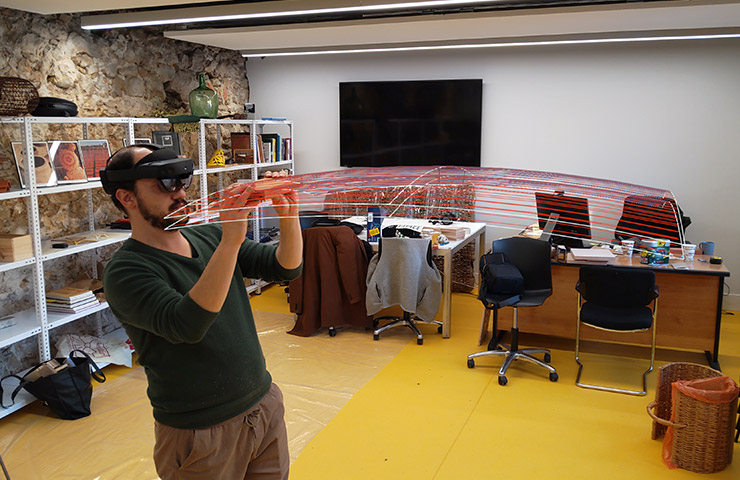
At this stage, there is a consensus that the practical possibilities provided by Artificial Intelligence programs make them useful tools from which to glean inspiration.
Yebin Sreenivasan, Design Director at MACE, reflected on what this means for design. He says each architect’s bias is always brought into the process. Now, the way professionals are using AI in architecture means individual bias is replaced by a collective one. After all, computer-generated concepts are an amalgamation of images from countless designers. This consequently mirrors how we evolve as a society over time, condensing a process from years into seconds.
Hanoof Faqeeh considered how these tools can help the relationship between architects and their clients. Beyond enhancing creativity, she feels AI will aid professionals’ ability to communicate concepts to the uninitiated. “Usually, clients are better able to connect with 3D-rendered images, as opposed to detailed elevations that only architects would understand,” she said.
Aside from the design process, the panelists also shared some thoughts on how AI might change approaches to construction itself.
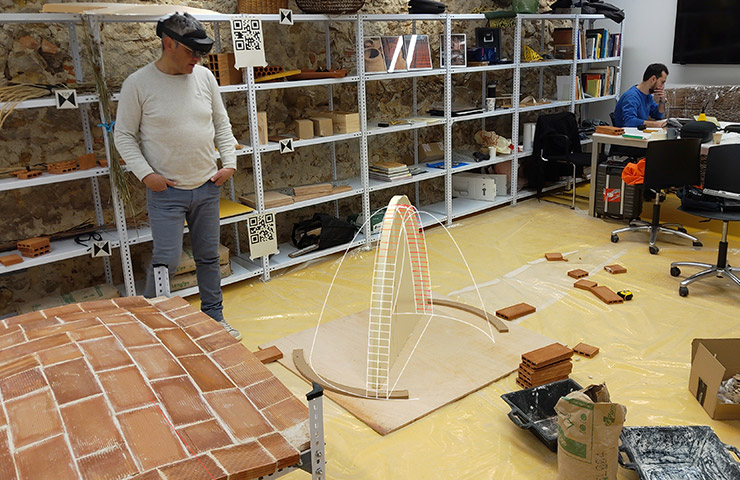
Juliana Zegarra-Ballón explained how the optimization of a construction site, from when and how materials arrive, right through to anticipating potential problems that may arise, can all benefit from Artificial Intelligence. This means schedules are more likely to be kept and waste restricted, limiting the emissions of large-scale projects in particular.
Is AI modeling sustainable?
Sustainability is another area that is sure to get a significant boost as the industry embraces the use of technology. Yebin noted that AI modeling in architecture “tests digital versions of things and check performance before actually putting it together.” Artificial Intelligence will help bridge the gap between theory and practice. This will work through simulations and real-time data to help people make efficient decisions at critical moments.
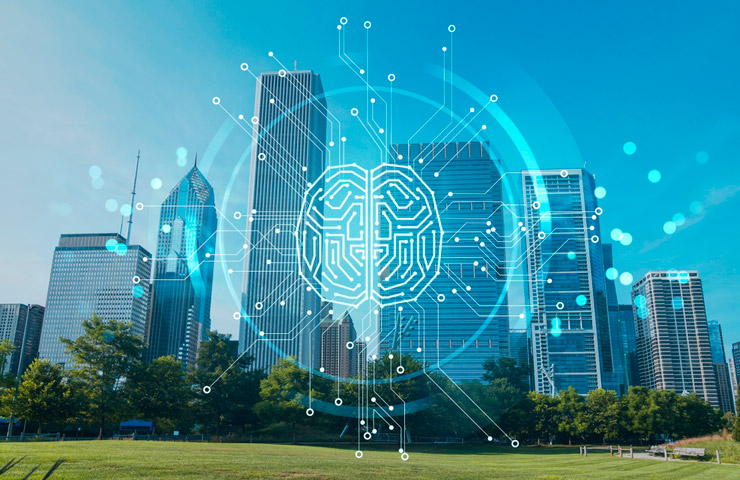
Without a doubt, built environment industries, like many others, are gearing up for transformative change in the coming years.
IE School of Architecture & Design continues to prepare its students to head out into the world of work. This is achieved with a comprehensive view of the latest professional practices with technology at the forefront. As the AI revolution continues, graduates of the Master in Business for Architecture & Design will reimagine the future.
You can also read more about our groundbreaking agreement with OpenAI to see how we’re integrating Artificial Intelligence across all levels of our organization.
Discover the future of Artificial Intelligence & architecture
Study with us at IE School of Architecture & Design for cutting-edge skills.

Benjamin is the editor of Uncover IE. His writing is featured in the LAMDA Verse and Prose Anthology Vol. 19, The Primer and Moonflake Press. Benjamin provided translation for “FalseStuff: La Muerte de las Musas”, winner of Best Theatre Show at the Max Awards 2024.
Benjamin was shortlisted for the Bristol Old Vic Open Sessions 2016 and the Alpine Fellowship Writing Prize 2023.


